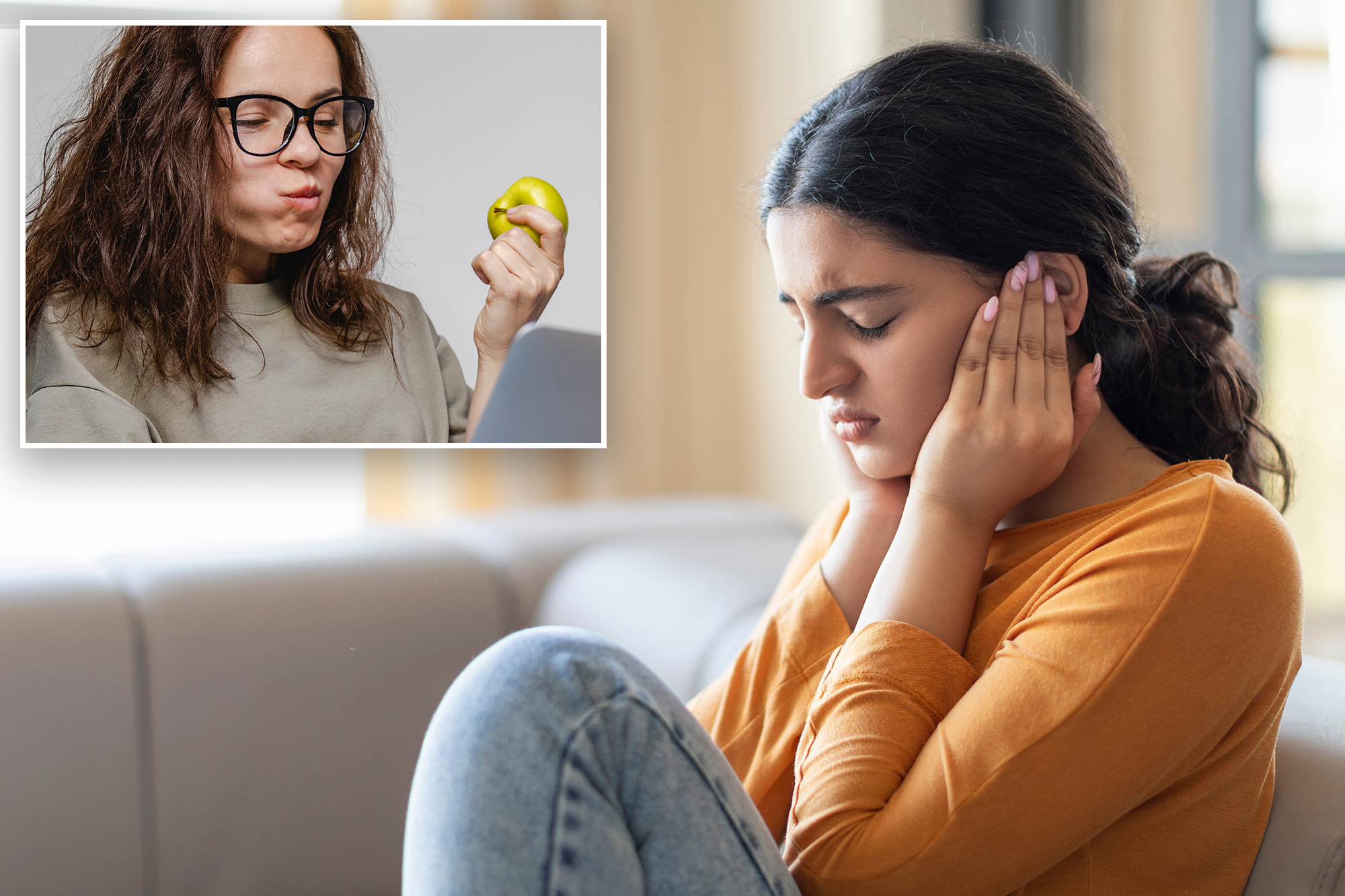
Quiet, please!
If the sounds of chewing, printing, slipping, cheeking, clicking pen, tapping, water drip, smell, whistling and breathing are angry or even panic, you may have missophone.
The term, created in 2001, describes a chronic state in which certain sounds cause strong negative answers that can affect everyday life and social interactions.
Research estimates that between 5% and 20% of the population suffer from misophony, though it may be more, as it is called a “highly reported phenomenon”.
If the intense emotions were not bad enough, research by the Netherlands shows that people with missophone can have a genetic predisposition increased for anxiety, depression, post-traumatic stress disorder and trimming in the ears, a constant buzz or bell on the ears.
“We discovered that the genetics of Misophonia were related to the genetics of the personality trait” Nervousness “, which is a kind of essence of Misophonia,” told Psypost Dirk Ja, a professor of psychiatric neuroscience and genetics at Amsterdam University Medical Center last year.
“You irritate and get angry when you hear the sound of the trigger, which can then be followed by the behaviors of avoidance, feelings of guilt and more.”
Smit led a study that used data from 80,000 people who suggested 23 ages and other resources they may have misophone.
The team selected 44 traits and disorders for its genetic correlation analysis, including psychiatric and audiological conditions, personality characteristics and socio -economic factors such as education.
Past research identified genetic locus RS2937573 as strongly related to sensitivity to chewing sounds. The marker is close to Tenm2 gene, which plays a crucial role in brain development.
Smit told Psypost “most of his analysis” results were “not really surprise”-found a genetic overlap between Rage and PTSD associated, anxiety and depressing disorder, as well as a correlation of the risk of tinnitus.
“What drives this connection is not clear, but the tinnitus in the ears almost always has a clear cause in the loss of hearing a kind, which may be due to exposure of loud music, ototoxic drugs, infection or aging,” he told Outlet.
“But it is also known that psychological factors play a role in the level of experienced concern, so this may be the connection.”
What was surprising was the negative correlation with the autism spectrum disorder (ASD).
ASD is characterized by changes in social communication, as well as the presence of repeated behaviors and concentrated interests.
“There was a little but negative connection between the genetics of the misophony and the genetics of autism,” Smit Psypost told. “Given that autism is often associated with problems of sensory sensitivity, that was unexpected. I was expecting a positive connection.”
Smit said that more research is needed in possible genetic connections with misophony. A major restriction of his study, published on the borders in Neuroscience, is that data came from people who self-identified that they had misophone instead of officially diagnosed.
Another is that the study focused on anger as the main reaction to stimulating sounds.
Symptoms of Misofonia can also include anxiety, disgust, fear and emotional distress, as well as physical signs such as increased heartbeat, sweating, muscle tension and chest tightness.
#Hate #sound #people #chew #bad #news #risk #depression
Image Source : nypost.com